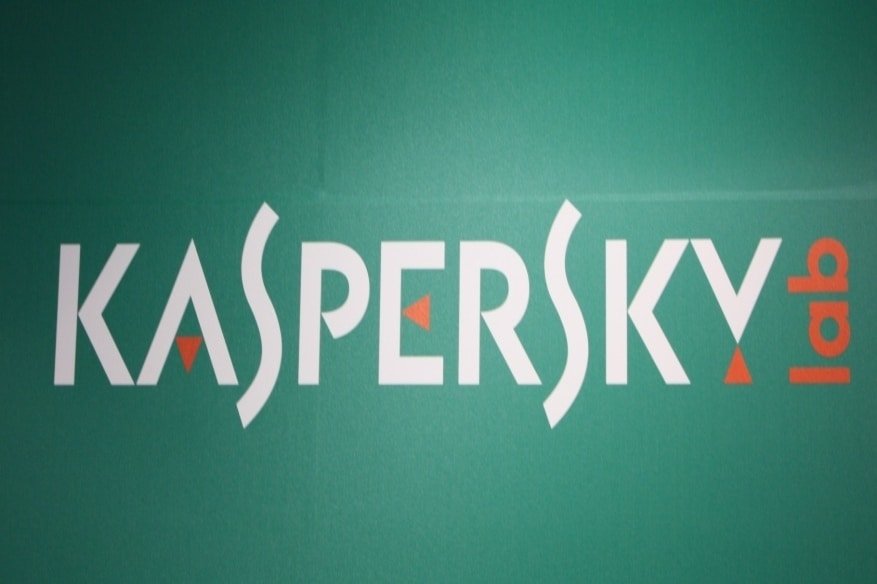An Embattled Kaspersky is Moving its Office from Russia to Zurich

Kaspersky is battling against the allegations that it has connections to the Russian government and that dealing with their software means risking security. The cybersecurity firm decided to move some of its critical infrastructure to Switzerland and will authorize an independent group to review its source code.
A year ago, the Department of Homeland Security requested every United State government organization to stop using Kaspersky’s product because of worries that it may be constrained to share data catches with the Russian government. From that point onwards Kaspersky conceded that its software downloaded NSA archives, but squared the blame on an irresponsible US contract worker for being careless. Also, Israeli insight apparently watched Russian specialists utilizing Kaspersky programming as a hacking instrument. Different governments have participated in the Kaspersky boycott including the U.K. The organization’s choice to set up shop in Switzerland is being confined to a move that would help revamp trust as well as make Kaspersky more straightforward than its rivals.
The company on its blog wrote that it will begin moving its “software assembly line’ and servers that store and process Kaspersky Security Network data” to Zurich—a process that should be complete by the end of 2018. It will then set up a “Transparency Center” where “responsible stakeholders from government and private organizations with relevant expertise” will be allowed to review its source code, updates, detection rules, and data storage practices. The server that process and store data for users in Europe, North America, Australia, Japan, South Korea, and Singapore, will be a part of the migration.
Kaspersky supports third-party arrangement that will review the reliability of all action at the Zurich data center. The greater part of its software will be ordered and marked in Switzerland by this third-party. Kaspersky would like to have it implemented and execute it before 2019, with the objective of opening an additional center in North America and Asia by 2020.
Doubt for Kaspersky’s administration is established in a law requiring organizations situated in Russia to route data through Russian ISPs that are purportedly observed by intelligence operatives. Kaspersky has kept that data in its system and to catch that encrypt would be futile. Eugene Kaspersky, the company’s founder has been under investigation for his own connections to Russian intelligence and a few reports have indicated particular cooperation with the FSB.
Kaspersky was one of the trusted names in the field of cybersecurity, but that has taken a beating in the last few years. It is anticipated that with this move, the company will be able to build some trust among its customers and clients. The founder issued a statement in this regards where he reiterated “As far as we know, we are the first cybersecurity company to come forward with such an initiative,” it said in its announcement. “Being the very first gives us an advantage in that respect.”